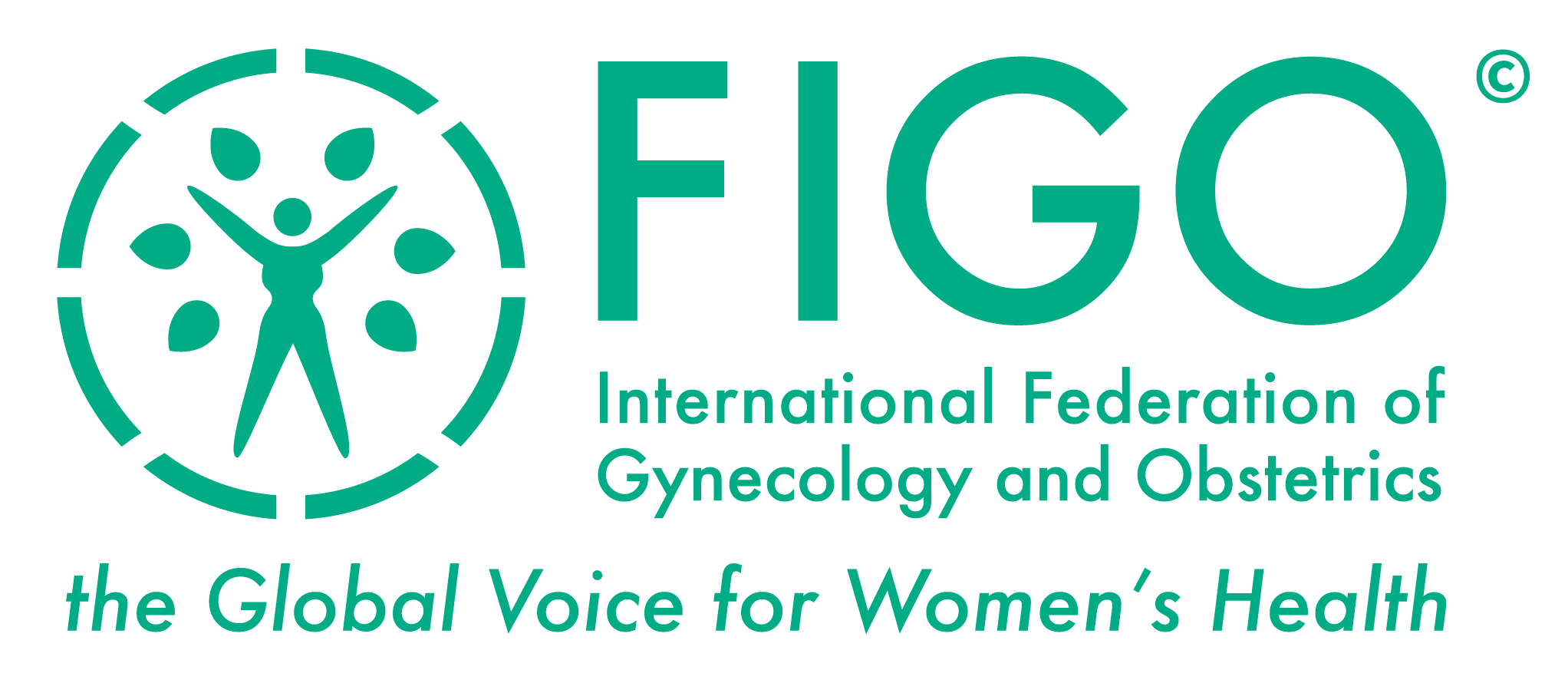Dyer SJ, Patel M.
The economic impact of infertility on women in developing countries: a systematic review. FVV in ObGyn 2012; Monograph: 38-45.
BACKGROUND:
It is the responsibility of health systems to provide quality health care and to protect consumers against impoverishing health costs. In the case of infertility in developing countries, quality care is often lacking and treatment costs are usually covered by patients. Additional financial hardship may be caused by various social consequences. The economic implications of infertility and its treatment have not been systematically explored.
METHODS:
A systematic MEDLINE search was conducted to identify English language publications providing original data from developing countries on out-of-pocket payment (OoPP) for infertility treatment and on other economic consequences of involuntary childlessness.
FINDINGS:
Twenty one publications were included in this review. Information on OoPP was scant but suggests that infertility treatment is associated with a significant risk of catastrophic expenditure, even for basic or ineffective interventions. Other economic disadvantages, which may be profound, are caused by loss of access to child labour and support, divorce, as well as customary laws or negative attitudes which discriminate against infertile individuals. Women in particular are affected.
CONCLUSION:
Pertinent data on OoPP and other economic disadvantages of infertility in developing countries are limited. According to the evidence available, infertility may cause impoverishing health costs as well as economic instability or deprivation secondary to social consequences. Health systems in developing countries do not appear to meet their responsibilities vis-à-vis infertile patients.
